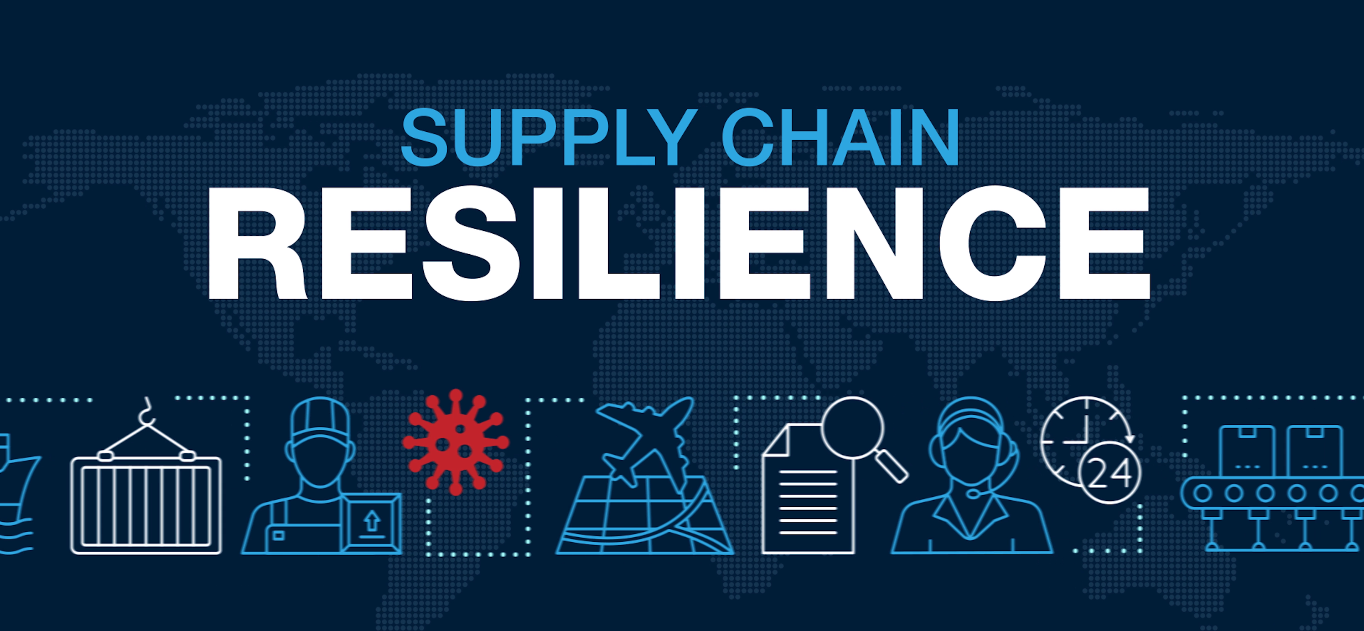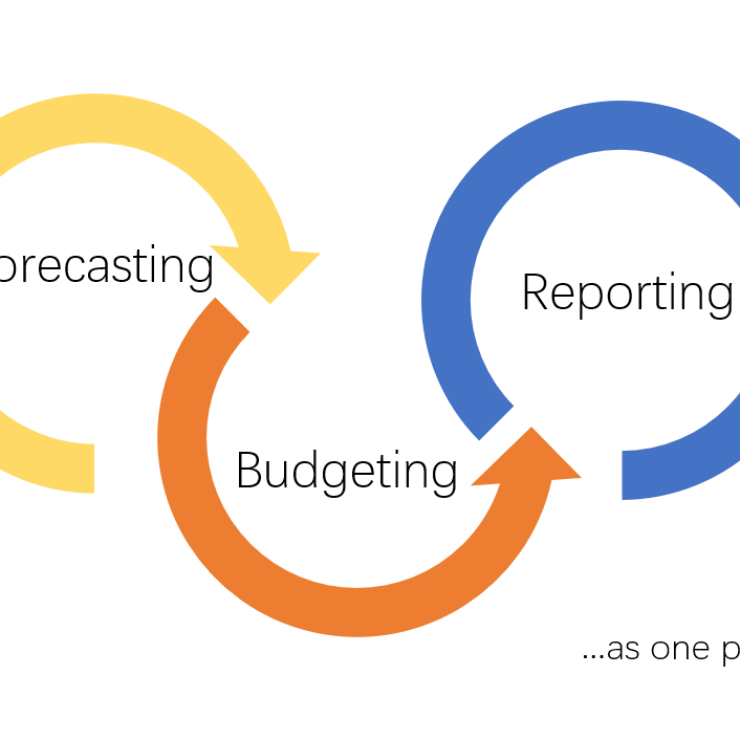Supply chain disruptions have become a significant concern for businesses worldwide. From natural disasters to global pandemics, these disruptions can wreak havoc on the flow of goods and services, impacting companies’ profitability and customer satisfaction. To navigate these turbulent times, businesses are turning to advanced technologies like OpenScope ERP (Enterprise Resource Planning) systems to build resilience into their supply chains. In this blog, we will explore the challenges posed by supply chain disruptions and how OpenScope ERP can help companies develop strategies for resilience.
The Rise of Supply Chain Disruptions
Supply chain disruptions have always been a part of the business landscape, but their frequency and severity have increased in recent years due to several factors:
-
Globalization: The interconnected nature of today’s global economy means that disruptions in one part of the world can have far-reaching effects. For example, a factory shutdown in Asia can lead to shortages of critical components in North America.
-
Natural Disasters: Climate change has made natural disasters like hurricanes, wildfires, and floods more frequent and severe. These events can disrupt transportation, manufacturing, and distribution.
-
Pandemics: The COVID-19 pandemic exposed vulnerabilities in supply chains worldwide. Lockdowns, factory closures, and shipping delays disrupted the production and distribution of goods.
-
Geopolitical Tensions: Trade tensions and political conflicts can lead to disruptions in the supply chain. Tariffs, trade restrictions, and embargoes can impact the movement of goods.
-
Cyberattacks: As businesses rely more on digital systems, they become vulnerable to cyberattacks. A breach can disrupt operations and compromise sensitive data.
The Role of OpenScope ERP in Building Resilience
OpenScope ERP systems are comprehensive software solutions designed to streamline and integrate various business processes, including finance, inventory management, procurement, production, and more. Here’s how OpenScope ERP can help businesses mitigate the impact of supply chain disruptions:
1. Enhanced Visibility and Monitoring
OpenScope ERP provides real-time visibility into every aspect of the supply chain. Businesses can track inventory levels, monitor production progress, and assess supplier performance. This visibility allows companies to identify potential disruptions early and take proactive measures to mitigate them.
2. Data-Driven Decision-Making
OpenScope ERP systems collect and analyze vast amounts of data. This data can be used to make informed decisions about inventory levels, production schedules, and supplier relationships. Machine learning and predictive analytics within the ERP system can forecast demand and supply chain risks, helping businesses make strategic decisions to buffer against disruptions.
3. Inventory Optimization
Maintaining excessive inventory can tie up capital and increase holding costs, while too little inventory can lead to stockouts during disruptions. OpenScope ERP systems use demand forecasting and optimization algorithms to help businesses strike the right balance, ensuring product availability without overstocking.
4. Supplier Collaboration
OpenScope ERP facilitates communication and collaboration with suppliers. It allows for the sharing of real-time data and information, making it easier to react to disruptions. Collaboration tools within the ERP system can help businesses work closely with suppliers to develop contingency plans and diversify sourcing.
5. Scalability and Flexibility
A flexible ERP system like OpenScope can adapt to changing business conditions. When disruptions occur, businesses can quickly adjust production schedules, sourcing strategies, and distribution routes. This agility is crucial for responding effectively to unexpected challenges.
6. Risk Management
OpenScope ERP can be used to identify and assess supply chain risks. By categorizing risks and their potential impacts, businesses can develop risk mitigation strategies. These strategies can include alternative sourcing options, backup suppliers, and disaster recovery plans.
7. Compliance and Traceability
In industries with strict regulatory requirements, OpenScope ERP can help ensure compliance with standards and regulations. Additionally, it provides traceability, making it easier to recall products in the event of quality issues or safety concerns.
Conclusion
Supply chain disruptions are an unfortunate reality in today’s business landscape. However, companies that invest in robust ERP systems like OpenScope ERP can build resilience into their supply chains. These systems provide the tools and insights necessary to monitor, adapt, and mitigate disruptions effectively. In an era where adaptability and responsiveness are key to success, OpenScope ERP is a valuable ally for businesses striving to maintain a competitive edge in the face of uncertainty.




